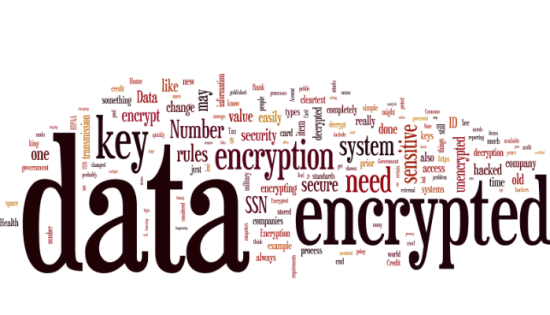Sixty-five percent believe they shouldn’t be forced to hand over encrypted private data to government
SALT LAKE CITY – Venafi®, the leading provider of machine identity protection, today announced the findings of a study that evaluated attitudes and opinions of 3,000 adult consumers from the United States, the United Kingdom and Germany on initiatives that would grant governments more access to private, encrypted data.
According to the study, half of consumers (51 percent) do not believe their government can protect their personal data, and nearly two-thirds of respondents (65 percent) suspect their government already abuses its powers to access the data of citizens. Additionally, 68 percent of respondents believe governments should not force private companies to hand over encrypted personal data without consumer consent.
The study also found that consumers are concerned about the impact encryption backdoors would have on their personal privacy. Sixty fire percent of respondents state that governments should not be able to force citizens to turn over personal data, such as the contents of mobile phones, social media, email and online activity, without consent.
“The results of this research indicate that security and privacy are probably going to get a lot worse before they get better,” said Jeff Hudson, CEO of Venafi. “It’s very clear that consumers are confused about what access to encrypted data will mean to their privacy, and it’s equally clear that governments don’t understand how encryption backdoors will be used to undermine our global digital economy. The negative impact encryption backdoors will have on every aspect of security and privacy is tremendous.”
Despite concerns regarding government abuse, many consumers remain conflicted over how encryption backdoors would impact both their privacy and national security:
- Nearly half of respondents (41 percent) believe laws that provide government access to encrypted personal data would make them safer from terrorists.
- Only 38 percent of respondents understand that cybercriminals will benefit from greater government access to encrypted personal data.
- Just over one-third of respondents (37 percent) are confident in their government’s ability to fight cybercrime.
Hudson continued: “Giving governments access to encryption will not make us safer from terrorism – in fact, the opposite is true. Most people don’t trust the government to protect data and they don’t believe the government is effective at fighting cybercrime. It’s ironic that we believe we would be safer if governments were given more power to access private encrypted data because this will undermine the security of our entire digital economy.”
Encryption backdoors create vulnerabilities that can be exploited by a wide range of malicious actors, including hostile or abusive government agencies. Billions of people worldwide rely on encryption to protect a wide range of critical infrastructure, including global financial systems, electrical grid and transportation systems, from cybercriminals who steal data for financial gain or espionage.
The study was conducted by One Poll and completed in July 2017. It analyzed responses from three thousand adult consumers from the United States, United Kingdom and Germany.
[su_box title=”About Venafi” style=”noise” box_color=”#336588″][short_info id=’59592′ desc=”true” all=”false”][/su_box]
The opinions expressed in this post belongs to the individual contributors and do not necessarily reflect the views of Information Security Buzz.



